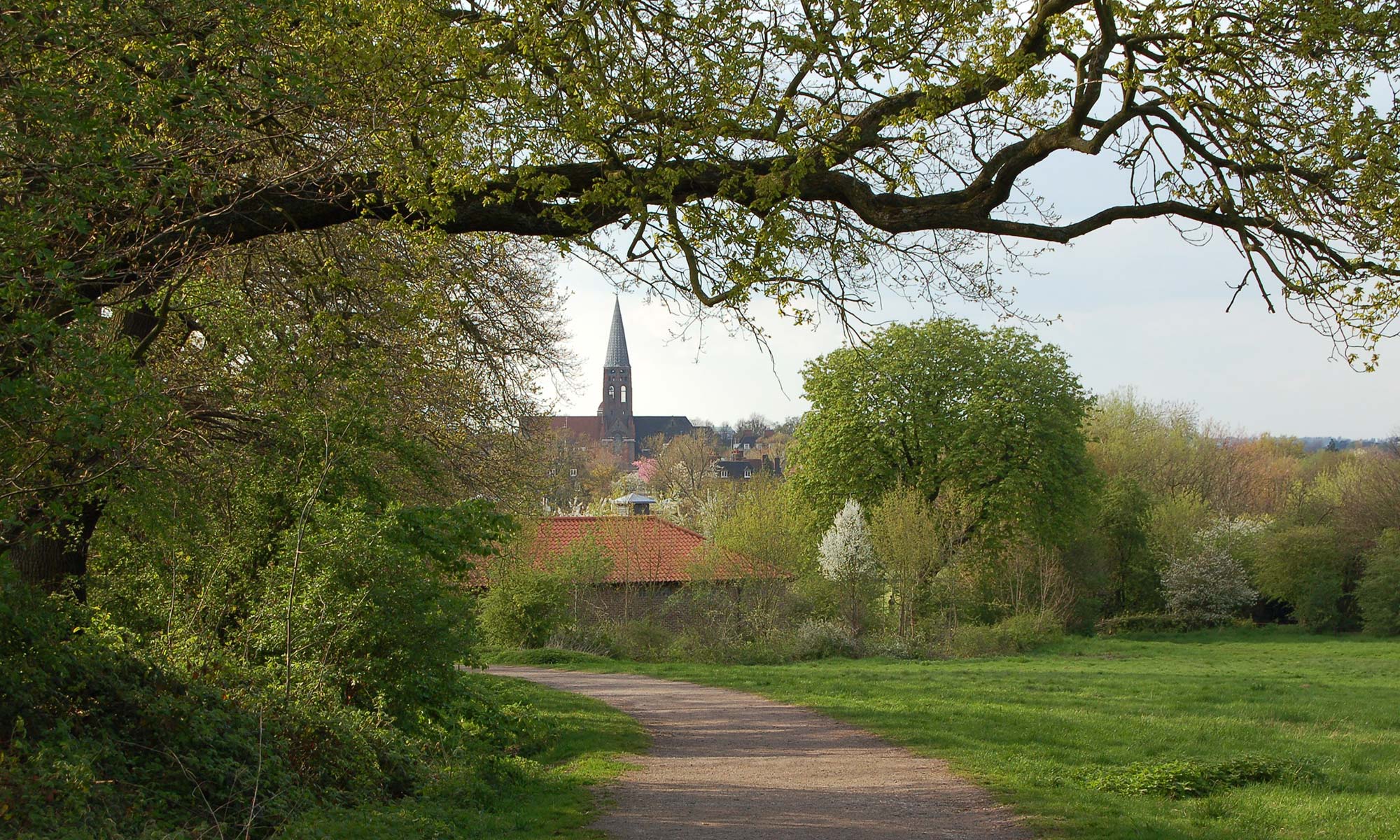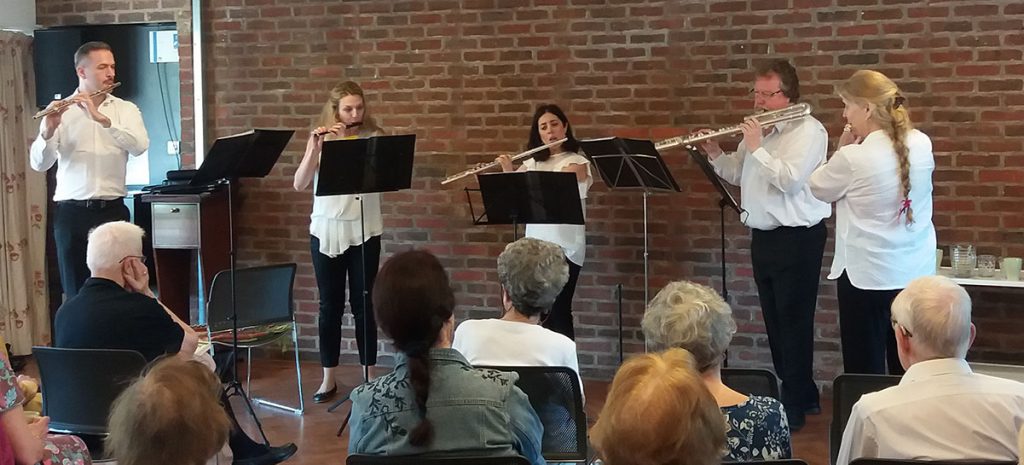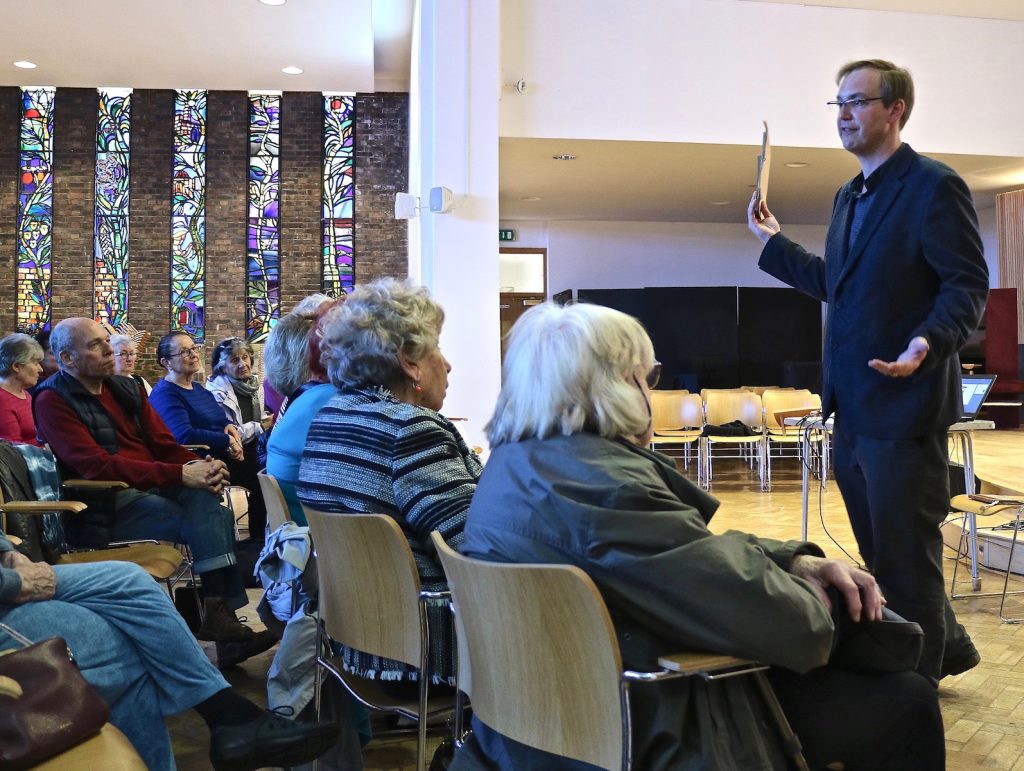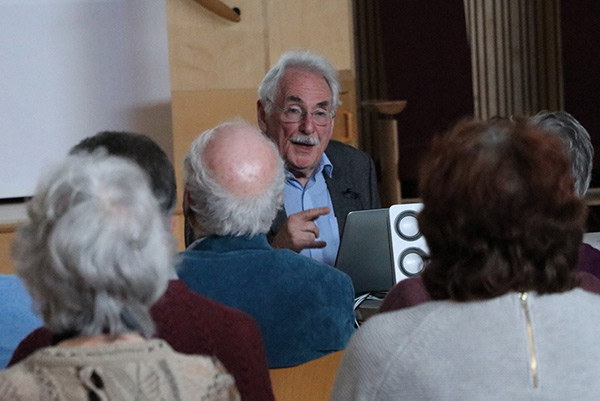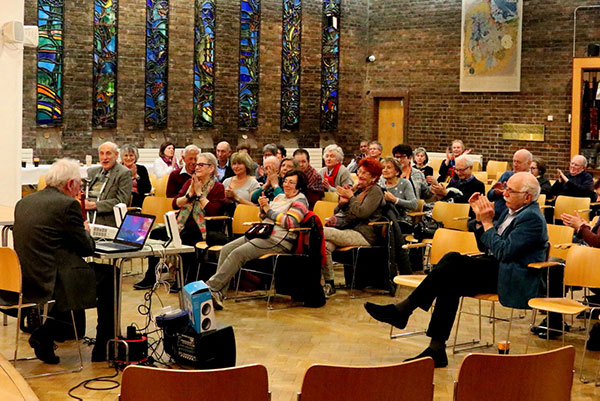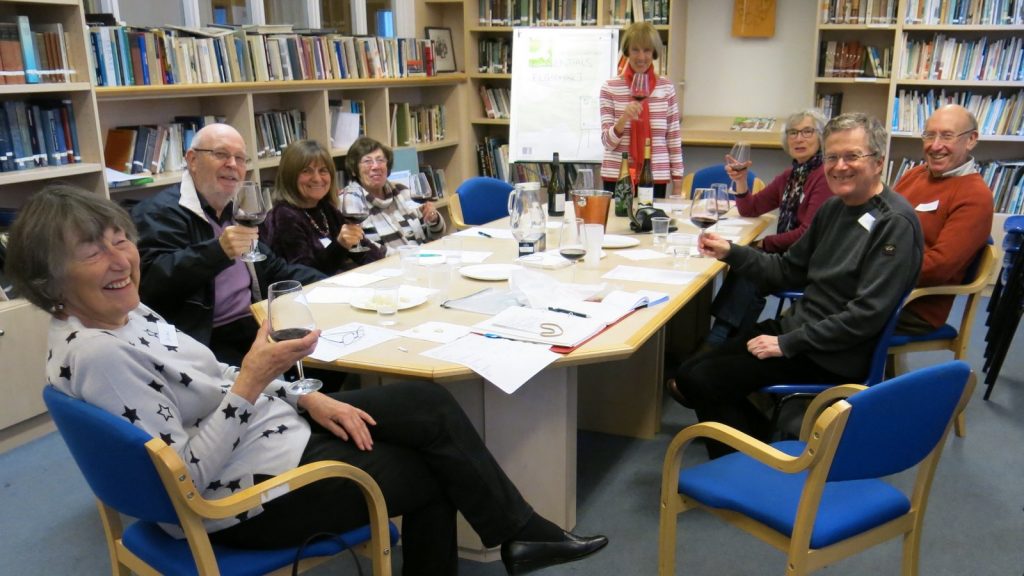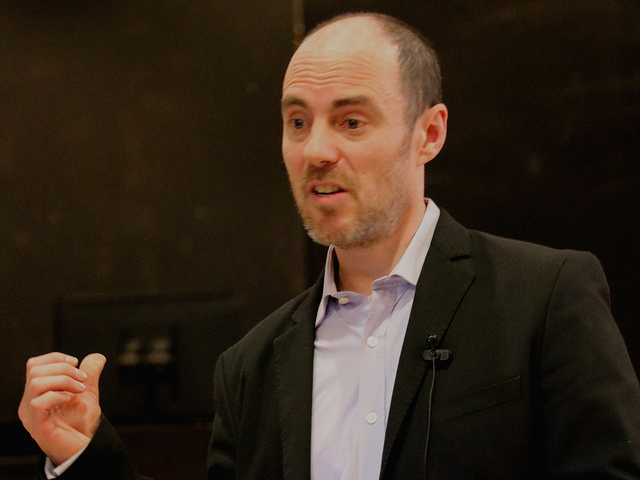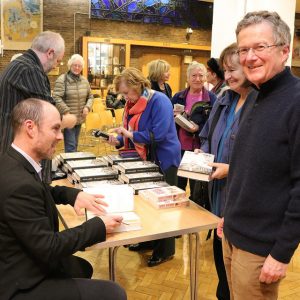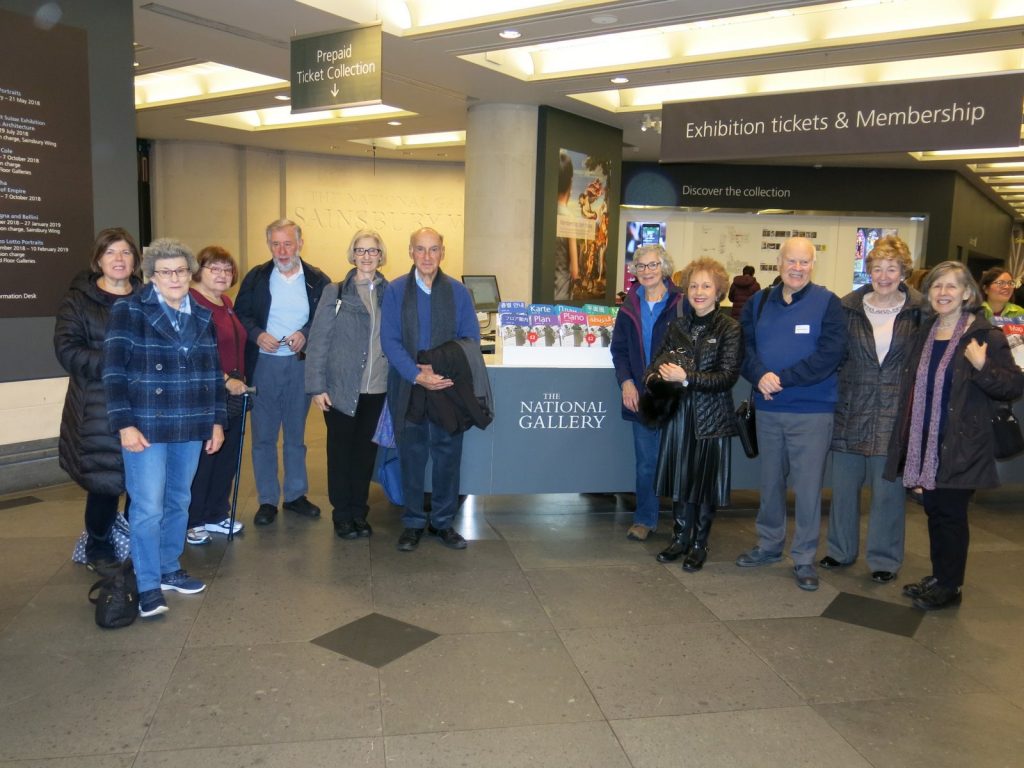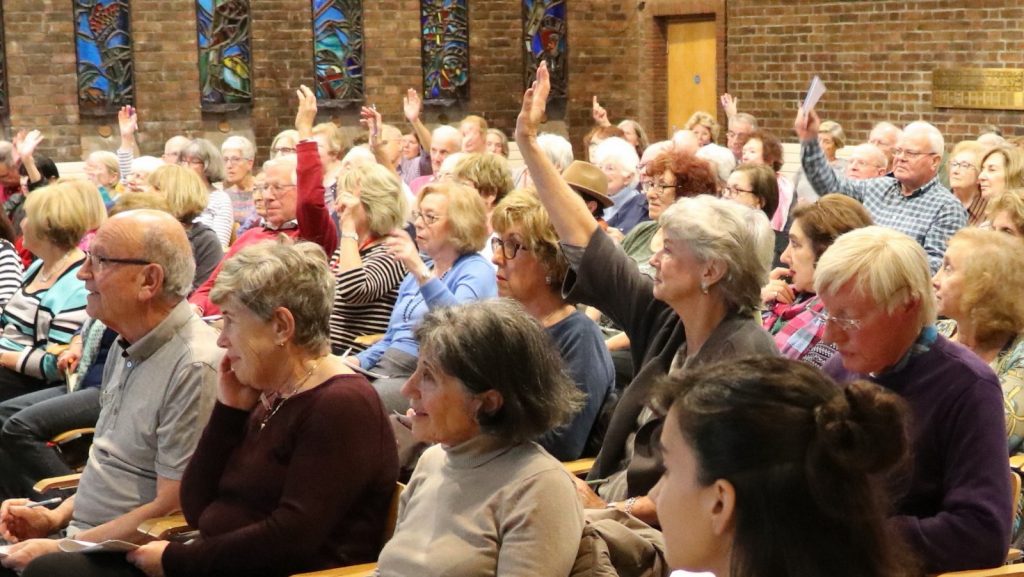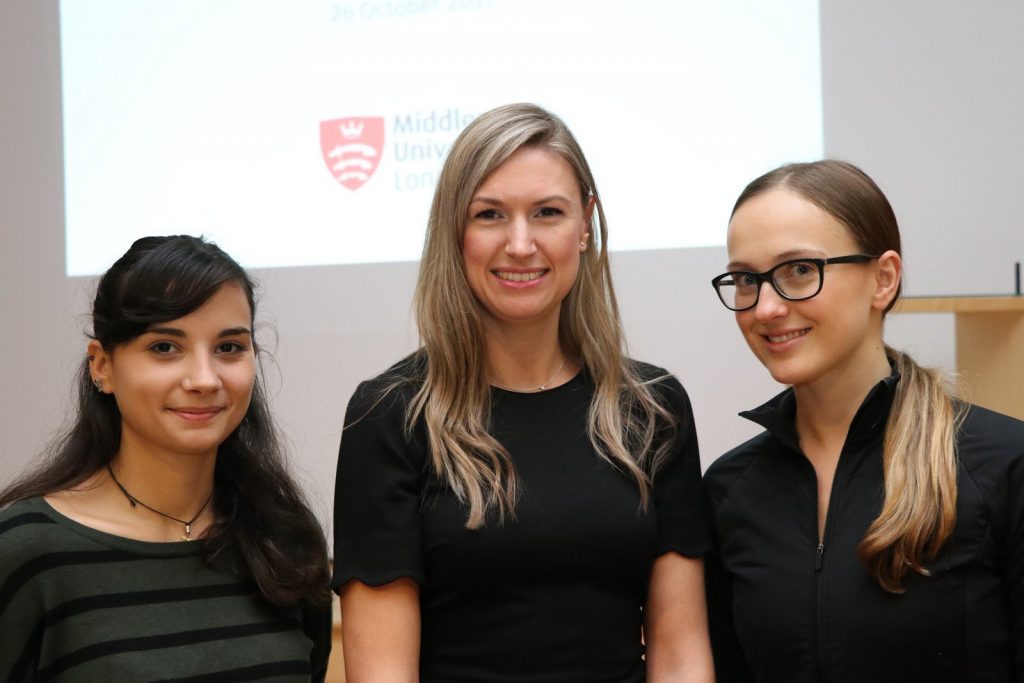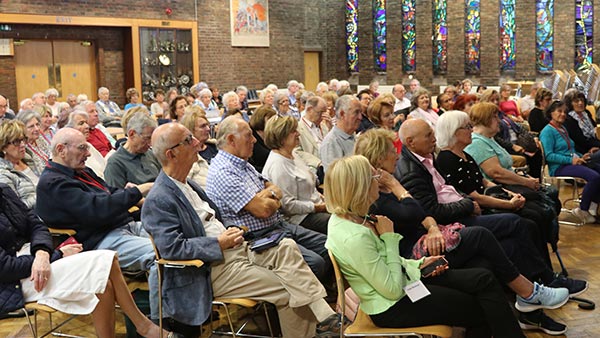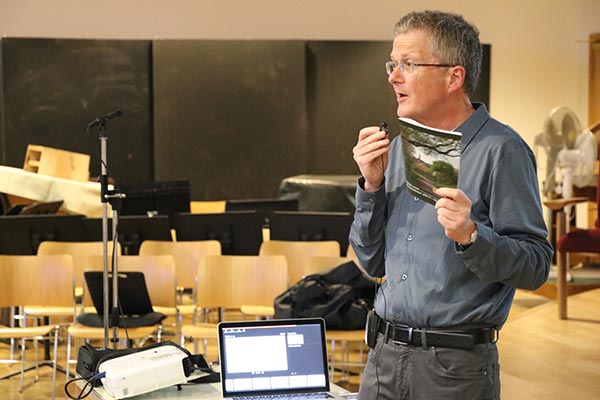Our U3A were delighted to host award winning author and Blue Badge Guide Rachel Kolsky talking about her new publication Women’s London — A Tour Guide to Great Lives.
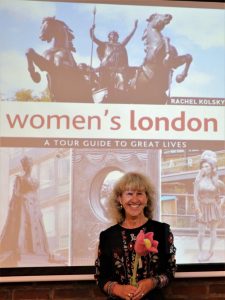
The audience were fully engrossed and captivated by such an excellent speaker, who took us on a journey through the concept, production, publication and content of her new book. Many members related that “it was so delightful to hear a speaker so enthusiastic and enraptured about her subject.”
Rachel firstly paid tribute to all the people who were responsible in enabling her to bring her book to publication. She then talked us through some of the highlights in her book ranging from Octavia Hill to Amy Winehouse. What made the evening particularly intriguing is Rachel’s delivery of the personal lives of those she had so eloquently written about in her book. The book parallels with the celebration of the centenary of Women’s Suffrage.
The publication is a compendium of walks, interspersed with historical facts at each focal point, and the only guidebook that focuses on the women who have shaped London through the centuries and the legacy they have left behind. The book provides an opportunity to explore sights, statues, plaques and buildings associated with famous and some not so famous women who have left their mark on London’s heritage, culture and society. One can only describe the book as a gem and the author likewise.
Report by Daphne Berkovi; photo by Myke Jacobs
